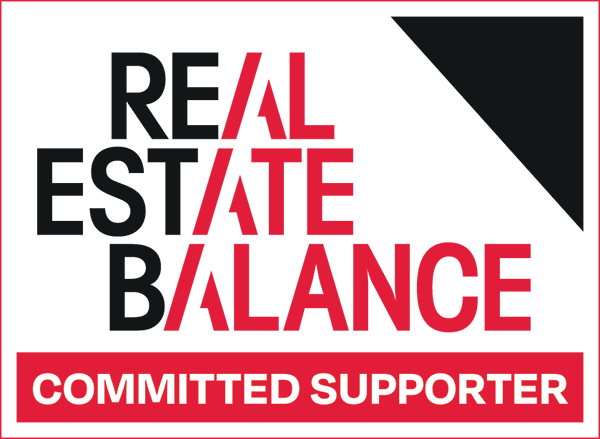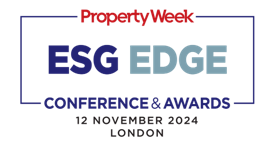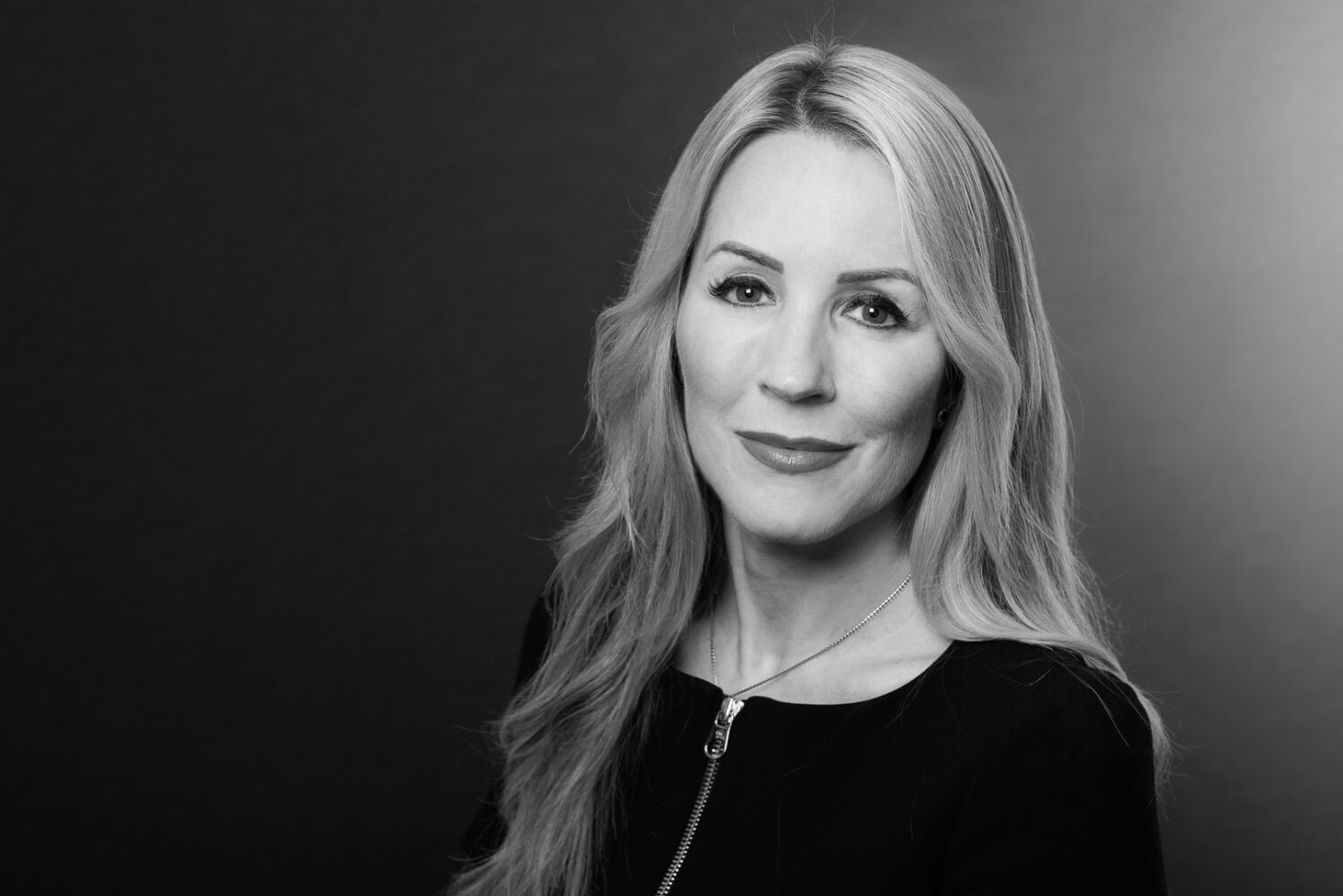
The ‘E’ in ESG has typically received the most airtime, while the ‘S’ has been comparatively overlooked. That is true across many sectors – but particularly applicable in the world of real estate.
This is partly a function of social value being notoriously hard to measure in comparison to environmental impact, which is easier to monitor and quantify. Fortunately, the industry is now realising just how crucial creating – and therefore measuring – social value really is when it comes to delivering a genuinely sustainable and equitable built environment.
Defining social value
When we discuss social value in the context of the built environment, what we are fundamentally talking about is how buildings support environmental, economic and social well-being. For a residential non-bank lender like us, this means ensuring that any asset or project we finance has a positive impact on both the lives of residents and wider communities.
The most common social value examples in our industry are supporting the local economy. Examples include local procurement of materials and services; the creation of local employment opportunities and skills development or local community engagement in projects; and improving the health and well-being of residents and communities. That latter point is linked to environmental outcomes, such as protecting local habitats and biodiversity or reducing carbon emissions, as well as creating green or community spaces.
In many ways, it was the pandemic that brought spatial inequalities into sharp focus. As we were confined to our homes, we were forced to reevaluate the spaces we exist in, how these are used and what they represent.
In the last few years, there’s been a palpable shift from viewing social value as a box to tick to regarding it as an absolutely fundamental consideration when planning a new development. I recently attended the RESI ESG and Impact Conference and witnessed this shift first-hand, with countless attendees discussing social value and how it can be delivered. It was particularly interesting to hear from one London councillor who made clear that social value creation is now a key consideration when it comes to all planning decisions.
Our approach
Although historically difficult to track, there’s been real progress in recent years towards accurately measuring social value. At Precede we have created a bespoke screening tool that, in addition to screening for good governance practices and environmental KPIs, measures social value. This tool, which is a scorecard we apply to all projects we are considering financing, was developed in partnership with our sustainability advisors Longevity Partners.
Social value in action
A number of our recent projects have strong social value credentials which demonstrates the social value that can be created if planning authorities, developers and funders work together to make it a priority.
The Great Charles Street development in Birmingham City Centre, for example, is redeveloping an old car park that has been disused for 50 years into residential build-to-rent apartments. As well as the inherent value in transforming an abandoned space into essential new housing, the construction of Great Charles Street involves a fantastic work experience programme for local trainees, with opportunities ranging from labouring to decoration. Moda, which are developing the site, are working with Birmingham City Council, the DWP and John Sisk & Son to roll out the programme. What’s more, once complete, Great Charles Street will include 20,000 square feet of commercial space targeted at local and independent businesses.
Meanwhile, The Castle, a BTR scheme in London’s North Acton, will be built using modular construction techniques, which, in addition to having numerous environmental benefits, have robust social value credentials. Completing the majority of construction off-site in a controlled factory environment not only creates high-quality jobs but also minimises both congestion on roads and noise disruption for local residents. The focus on optimisation and efficiency also means MMC is able to deliver high-quality homes faster and more cost-effectively in areas where demand from local people is rapidly outstripping supply.
The real estate industry has an obligation to create positive social value. We’re all familiar with high-profile failings in previous decades: unsightly buildings clumsily dumped in communities which offer no benefit to the people living or working nearby. It’s a reminder that we as an industry must remain vigilant. The shift we’ve seen towards recognising and supporting social value creation is welcome and long overdue, but plenty of work remains to be done if we’re to deliver a truly equitable built environment.


















